But the current crisis is no accident, nor is it only the result of Putin’s paranoid world view. Rather, it is the outcome of the West’s repeated failure to contain post-communist Russia’s imperial ambitions.
And perpetuating that failure by buckling would merely encourage further aggression, making an eventual cataclysm more, rather than less, likely.
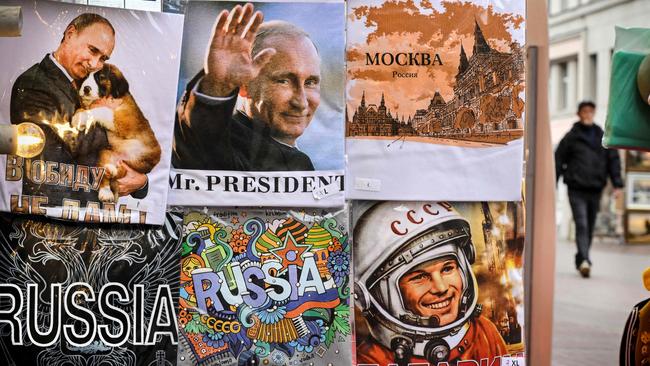
It is a common mistake to believe that Russia’s attacks on its neighbours are a relatively recent phenomenon that distinguishes the Putin era from that of Boris Yeltsin, who served as Russia’s president from 1991 to 1999. Nothing could be further from the truth.
Already in 1992 the Yeltsin government’s first foreign policy review declared the states which had emerged from the Soviet Union’s collapse a zone of Russian “special interests”. Russia’s “vital concerns” in those states, it said, should be pursued by “all legitimate means”, including “divide and influence policies” that undermined their relatively weak governments.
The crucial test case, which served as a proving ground for Putin’s attack on Ukraine, was Georgia, where a volatile ethnic mix fed separatist pressures in the Caucasus Mountains provinces of Abkhazia and South Ossetia. When violence exploded in 1992, the Yeltsin government dispatched Russian “volunteers” who, along with Russian-armed secessionists, unleashed mass killings aimed at “cleansing” the region of ethnic Georgians.
Far from intervening to protect Georgia’s territorial integrity, the administration of George HW Bush, which viewed stabilising Yeltsin’s position as its overriding priority, supported the Russian-dominated Commonwealth of Independent States that Georgia – in its quest for independence – had refused to join.
Georgia was therefore left entirely isolated, making its position untenable. Capitulating, it signed agreements that allowed Russia to maintain military bases across its territory and to select key government ministers. And as part of the agreements, Russia secured untrammelled control in the breakaway regions.
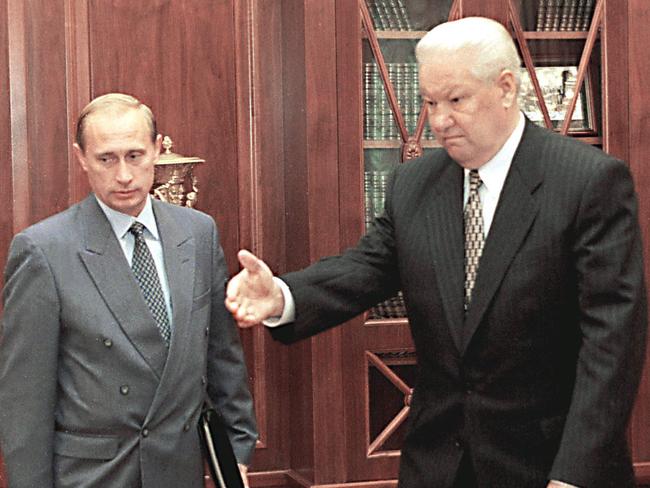
Gloating about the outcome, Russian foreign minister Andrei Kozyrev told the October 1993 UN General Assembly that “no international organisation or group of states can replace our peacekeeping efforts in this specific post-Soviet space”.
But what the Russians meant by “peacekeeping” was piece-keeping – and their attempts to break Georgia and its near neighbours into pieces they could seize and keep were nowhere near finished.
Unfortunately, the Clinton administration, which took office during the conflict, showed no greater willingness than its predecessor to tame Russia’s expansionism. On the contrary, just as Yeltsin was boosting Russia’s onslaught, it pushed a 20-fold increase in US aid to Russia through a deeply sceptical congress, before pressuring the International Monetary Fund to underwrite Yeltsin’s increasingly erratic policies – which the IMF reluctantly did, providing a massive loan that bolstered Yeltsin’s fraudulent campaign for re-election.
To make things worse, Clinton – who had described the Caucasus conflicts as “an internal Russian affair” – then strongly defended Yeltsin by comparing Russia’s repeated massacres, notably in Chechnya, to Abraham Lincoln’s efforts to preserve the union.
It is consequently unsurprising that the Yeltsin administration, well before handing Putin the presidency, began preparing for full-on war against Georgia, with Putin moving to overt belligerence after the so-called Rose Revolution of 2003.
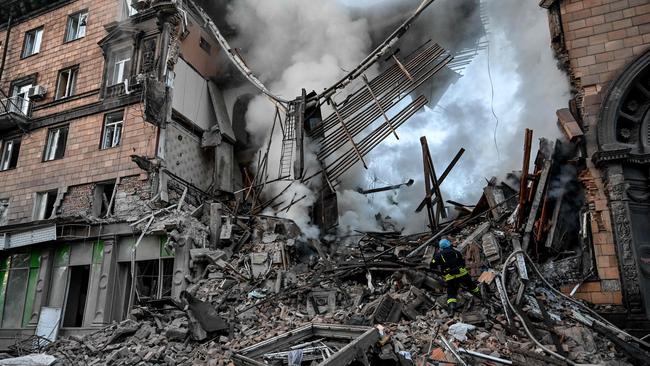
Economic warfare played a key role in Russia’s war plans, just as it has subsequently. Building on work undertaken in the Yeltsin years, Russia’s 2003 Energy Strategy stated that Russia’s “mighty energy sector” should be deployed as “an instrument for the conduct of internal and external policy”. Putting that into practice, a series of simultaneous explosions at pipelines and storage tanks deprived Georgia of Russian gas and electricity in the midst of the exceptionally cold winter of 2006, before further explosions destroyed its high-voltage transmission network, plunging the country into a devastating crisis.
All that, and an endless sequence of Russian provocations, formed the backdrop to NATO’s disastrous Bucharest summit in April 2008. In 1994, NATO had developed its Partnership for Peace agreements with the newly independent states as a way of deflecting pressures for enlargement while helping those countries reform their Soviet-era militaries.
However, Russia’s growing aggressiveness precipitated a search for security in the region that the 2008 summit was intended to address. In the event, the summit’s official statement announced that Ukraine and Georgia “will become members of NATO”, giving them the prospect of collective security. But just as that statement was being finalised, Angela Merkel, who was unswervingly focused on supporting the Putin regime, declared that “Countries enmeshed in regional and internal conflicts cannot become NATO members” – effectively inviting Russia to intensify its regional wars.
More than anything else, Merkel’s statement, and the backing it received from France, triggered Russia’s all-out assault on Georgia in August 2008. Although the Russian forces scarcely covered themselves with glory, Georgia’s isolation once again forced it into a “peace” settlement. Brokered by France’s president Nicolas Sarkozy, the agreement was supposed to result in the complete withdrawal of Russian “peacekeepers”; but when Russia flagrantly breached its terms, France and the EU did nothing to enforce compliance.
Russia, in other words, got away with it, prompting Dmitry Rogozin, Russia’s ambassador to NATO, to boast that the war had finally taught the Western democracies to “regard Russia as a partner they cannot wipe their feet on” and with whom they had to deal “on its terms”.
Driving the point home, Russia’s triumphalist 2008-09 Foreign Policy Concept jarringly warned that “should our partners be unprepared for joint efforts, Russia will act unilaterally”, as it has since done time and again.
Whether that extends to unleashing nuclear warfare, with all its risks, is far from certain; a resort to chemical weapons, which Putin and his closest allies have used with absolute impunity elsewhere and whose range of operation is more containable, must be more likely – albeit no less abhorrent and illegal.
It is, however, a childish illusion to believe the threats can be neutralised by giving Putin what he wants. Rather, Russia’s conduct unquestionably shows that concessions never satiate those who believe only in the brute exercise of force; they merely whet their appetite, increasing the likelihood that they will eventually provoke an uncontrollable disaster.
“Peace,” military historian Donald Kagan once wrote, “does not preserve itself.” To fear war is wise; but as the attacks on world order mount, we need the wisdom to ensure that our fear of war does not prove to be the gravedigger of peace.


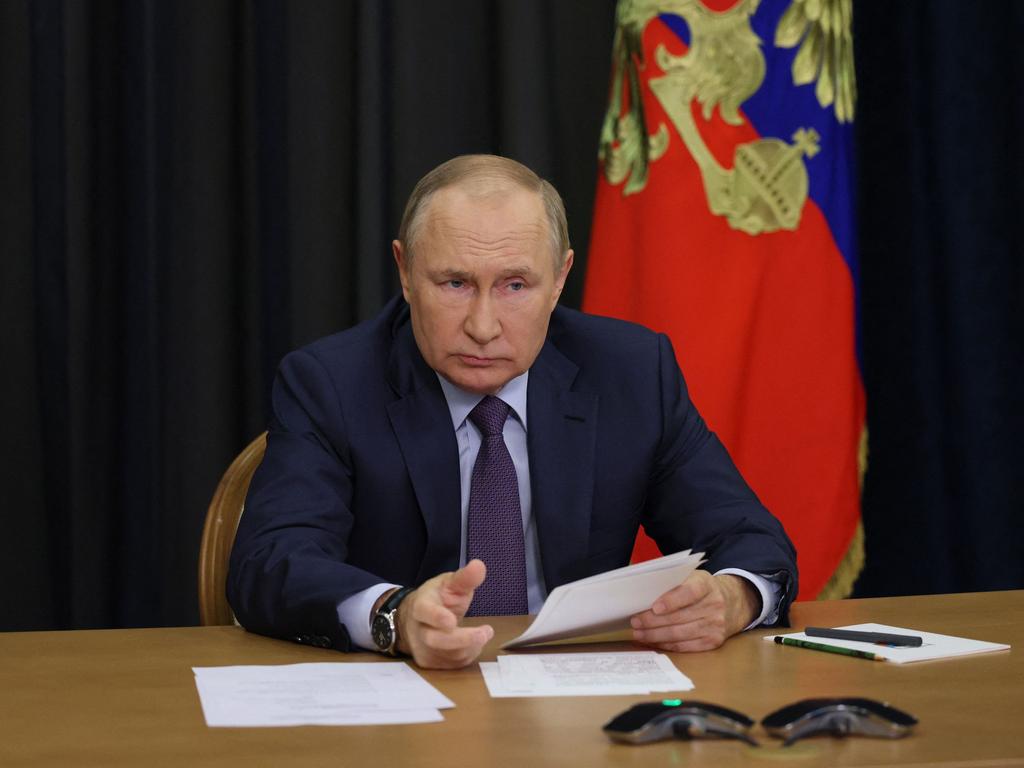
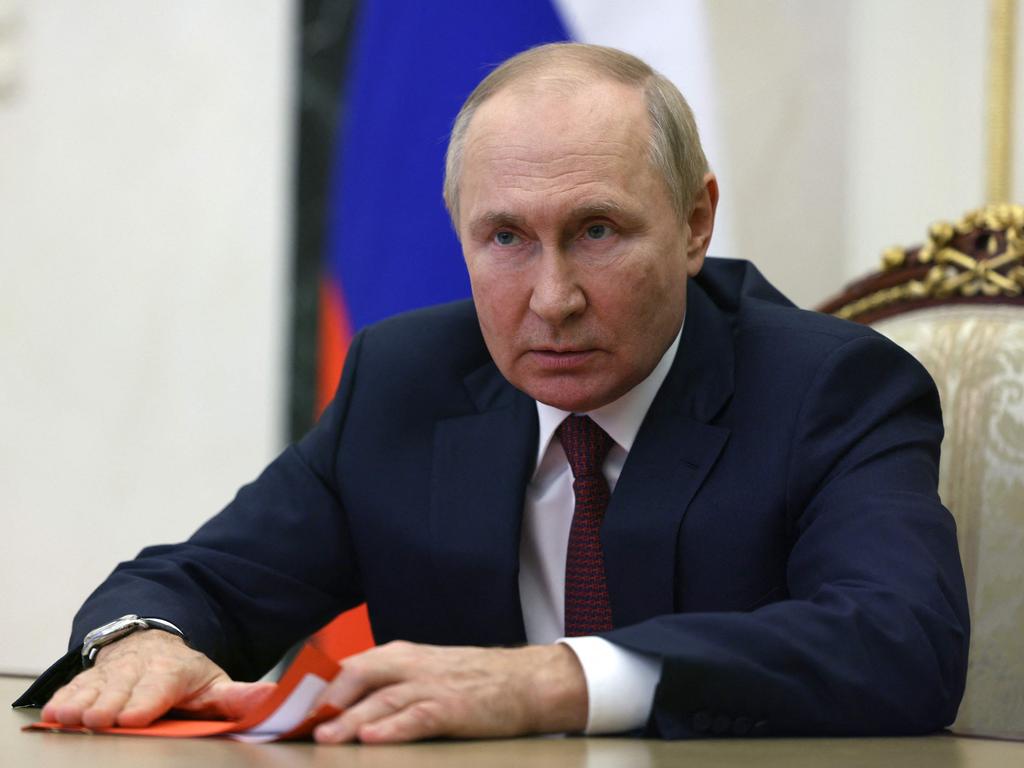
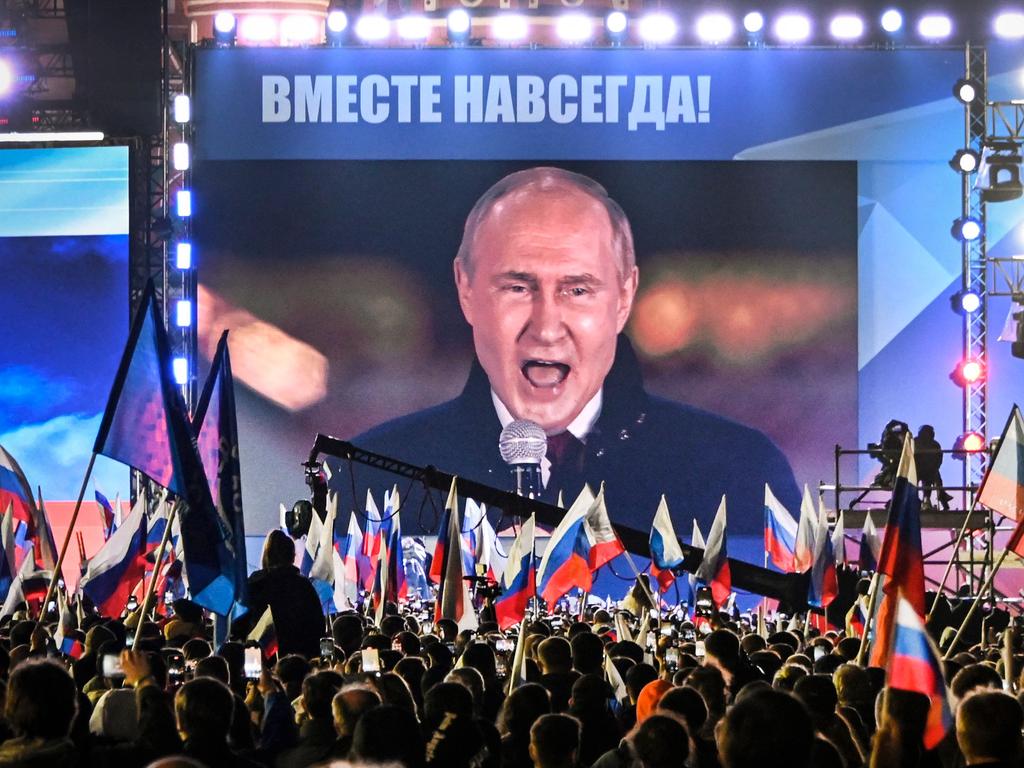
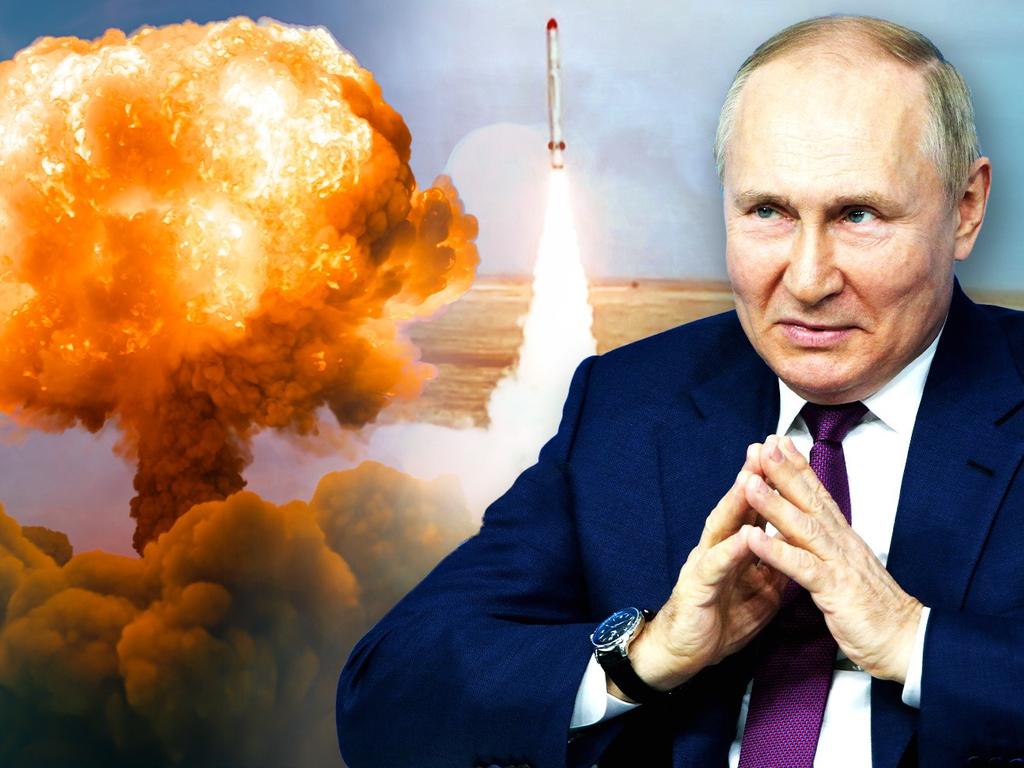


Vladimir Putin’s aim in threatening to use nuclear weapons is to terrify the West into a settlement that entrenches Russia’s illegal annexation of Ukrainian territory. Coming on top of soaring fuel prices and the looming European winter, that threat may weaken NATO’s commitment to the Ukrainians’ heroic defence of their independence.